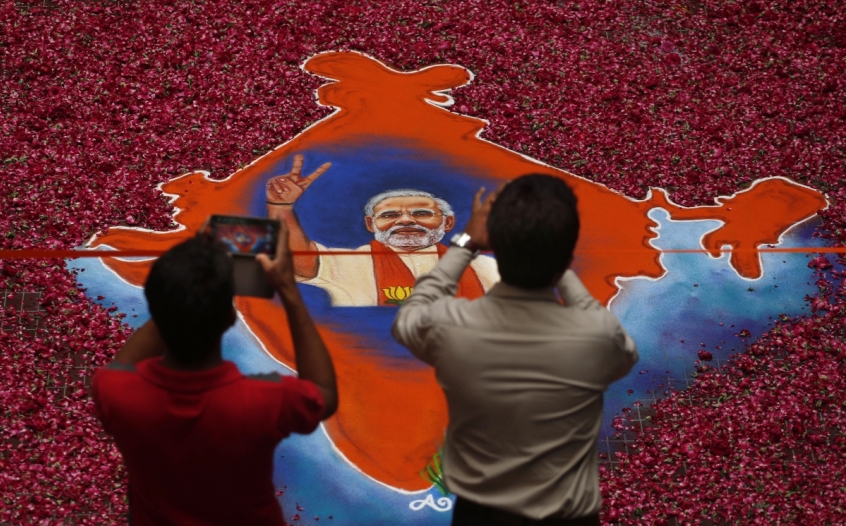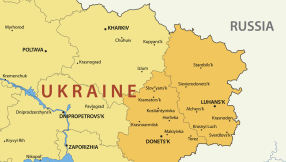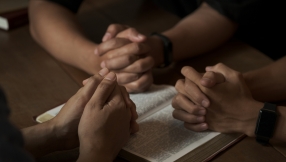
Religious minorities in India have not forgotten the waves of communal violence that killed thousands in the previous decade, and neither have human rights organisations.
As India gets used to a new party and a new leader at the helm, there are concerns that religious minorities will find themselves the losers of the sea change.
The Bharatiya Janata Party (BJP) claimed a historic victory in the general election earlier this month, taking over half the seats in the Lok Sabha, the Indian parliament's lower house.
But Christian Solidarity Worldwide (CSW) says the party has close ties to the Hindu nationalist group Rashtriya Swayamsevak Sangh (RSS), which views the Christian and Muslim minorities as threats to national integrity.
The RSS gave Narendra Modi its strong backing in the run-up to the election and Release International notes with equal concern that many of the Hindu extremists who have carried out repeated attacks on India's Christian minority belong to the far-right group.
Modi is the former chief minister of Gujarat State, where around 2,000 people, mainly Muslims, were killed in communal violence in 2002. Modi was head of the state during this time and has never managed to shake off accusations of complicity, including that he ordered police not to intervene in the attacks.
In 2008, Hindu nationalists killed more than 120 Christians and forced some 50,000 people from their homes in Odisha state.
Modi's rise to power coincides with an increasingly hostile climate for Christians in some parts of India, with seven states now having anti-conversion laws in place. Release warns the laws have curtailed church activities and that even in states that do not have them, pastors have been accused of "forcible conversion".
The president of the National Congress of Indian Christians, CA Daniel, predicts this trend will only grow with the BJP leading the country.
He told International Christian Concern after the BJP's election win that Christians were "not safe" under the party.
"There will be stringent rules and legislation restricting Christians and the exercise of the freedom of faith," he said.
The dust is settling after the BJP's landslide victory, but the concerns remain. The All India Christian Council has said that the rhetoric so far has "provided little reassurance that security and freedom for Christians and other minorities would be high on the list of priorities for the new administration".
And CSW is calling upon the incoming government to adopt measures that will promote freedom of religion and belief.
It is asking the BJP to make good on its election manifesto promise to preserve the culture of minorities, protect their sites, and "facilitate the setting up of a permanent inter-faith consultative mechanism to promote harmony and trust, under the auspices of religious leaders".
CSW's Chief Executive Mervyn Thomas said, "We urge the incoming Indian administration to actively promote and defend the right to freedom of religion or belief for India's diverse communities.
"We continue to advocate for the implementation of the recommendations made in the 2008 of the former UN Special Rapporteur on Freedom of Religion or Belief, including the need for the authorities to take quick and effective measures to protect members of religious minorities from any attacks and to step up efforts to prevent communal violence.
"Efforts to work towards the introduction of a comprehensive framework to deal adequately with the consequences of communal and targeted violence should continue. We also continue to call for the establishment of an effective framework for the protection of human rights defenders across the country."













